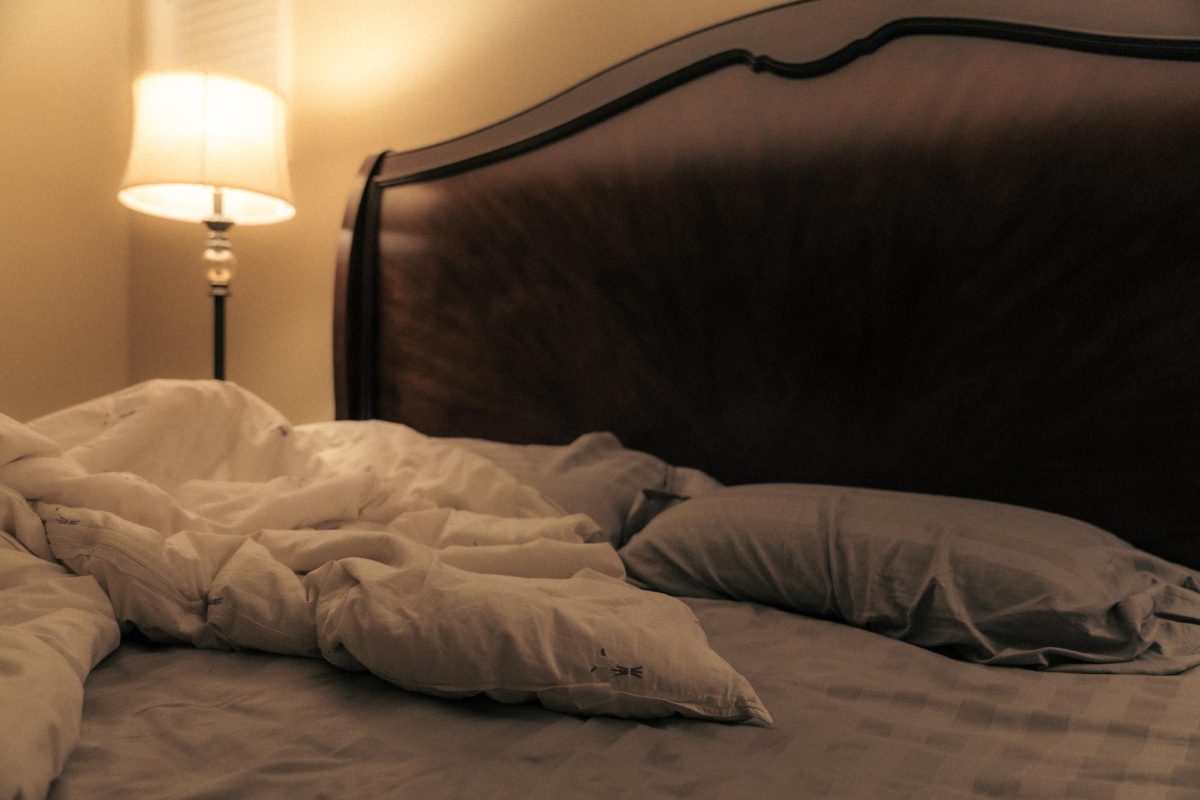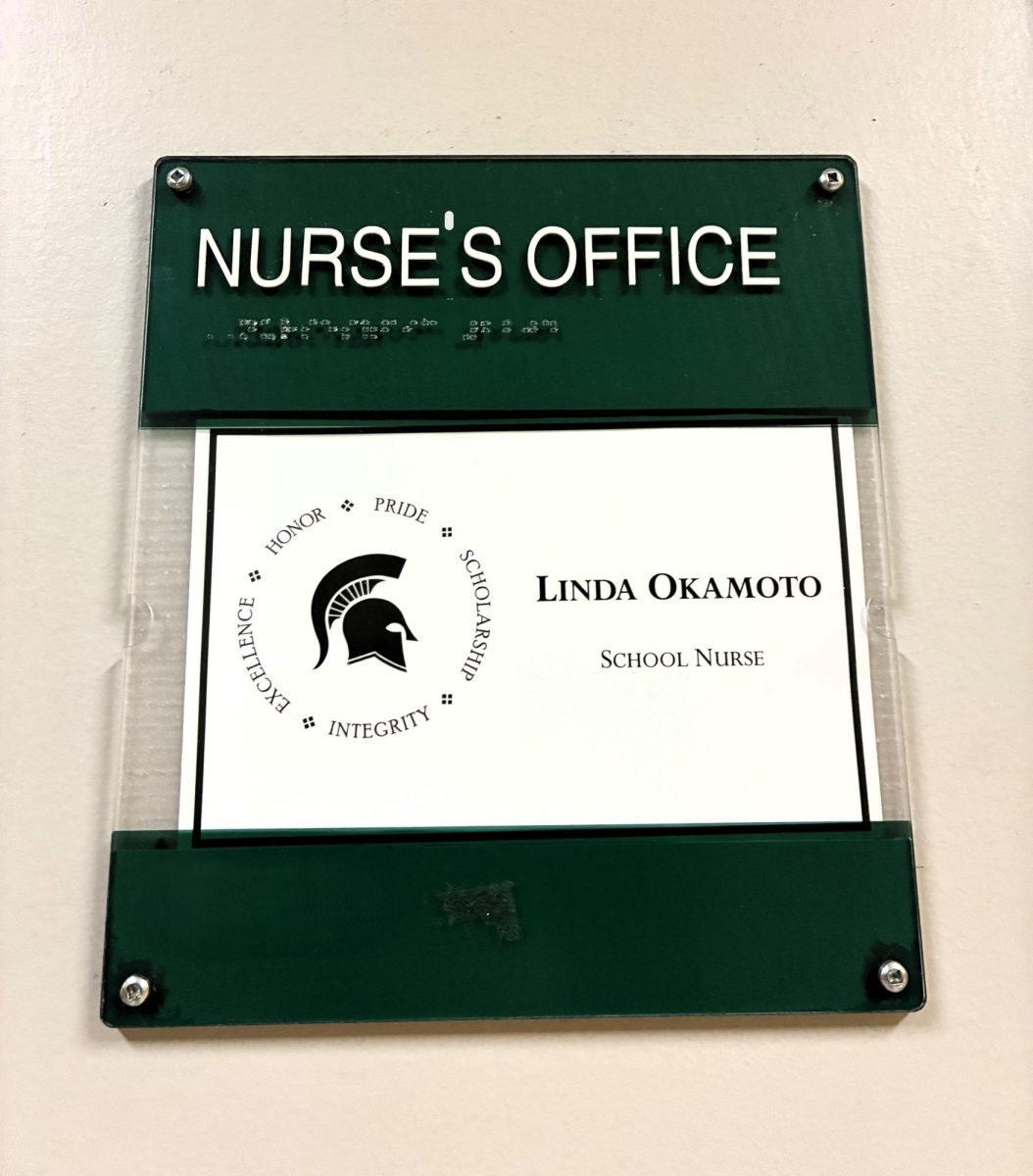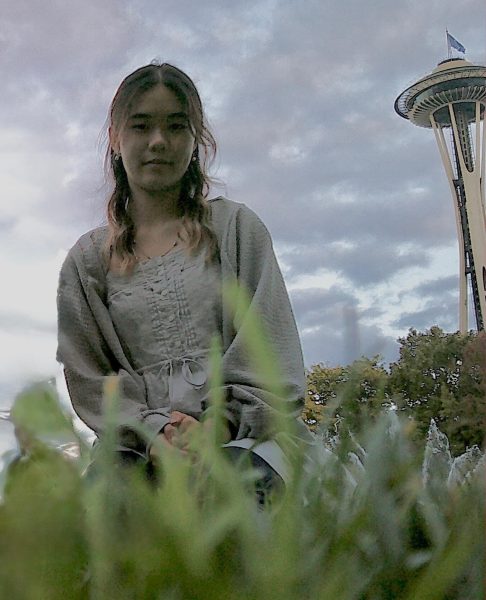The average high schooler needs at least eight to ten hours of sleep per night to stay healthy and energized. However, not many Skyline students are able to regularly sleep this much on school nights.
Freshman Sanvi Madan and sophomore Emma Huang both get around seven hours of sleep on a regular school night. Another student, who is a junior in the Running Start program, gets “two to four hours.”
As teens grow and develop, their internal clocks are affected. Amy Brooks, an author at Stanford Medicine Children’s Health, says that high school students tend to fall asleep and wake up at later times than children. However, school schedules force them to wake up at early times, disrupting their sleep cycles.
Additionally, addictions to screen time have also become a major cause in keeping students from getting the sleep they need. The blue light radiating from a phone screen in the dark sends signals to the brain to keep it awake and suppress its sleepiness.
Homework and after-school activities are another common reason for students getting insufficient sleep. After school, many students participate in several extracurriculars, leaving them with limited time to finish schoolwork in preparation for the next day. This leads them to stay up late to complete it. Not only does this reduce how much sleep they are able to get, but it also interrupts their sleep schedules and makes it more difficult to wake up in the morning.
Insufficient sleep can negatively impact students’ ability to learn and stay focused during classes. It can also influence them through reduced energy levels and more irritable attitudes. If severe enough, it could lead to dangerous sleep disorders. It’s important to avoid this by developing and maintaining a healthy sleep schedule.
For more information:










